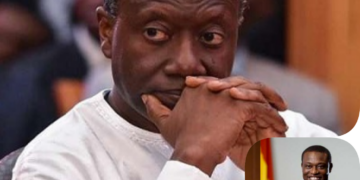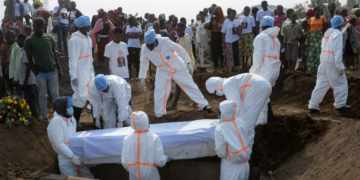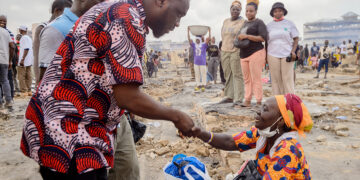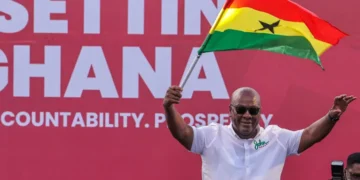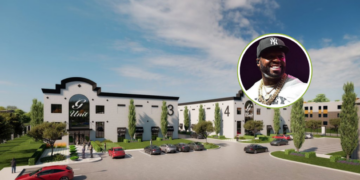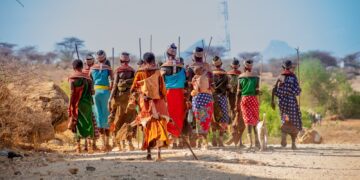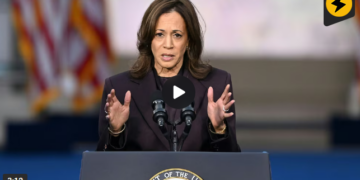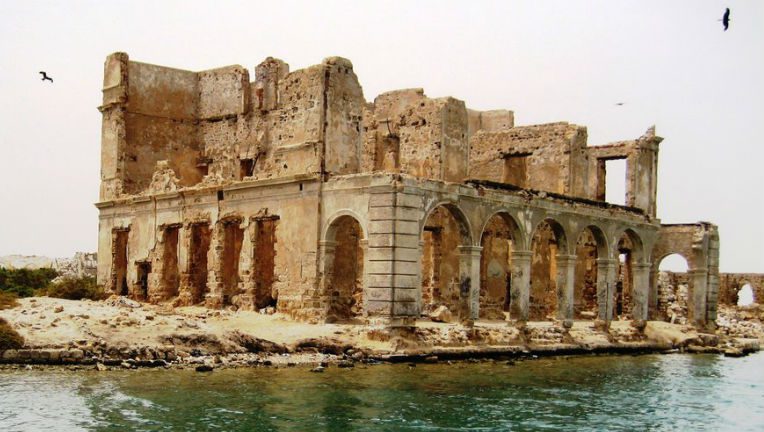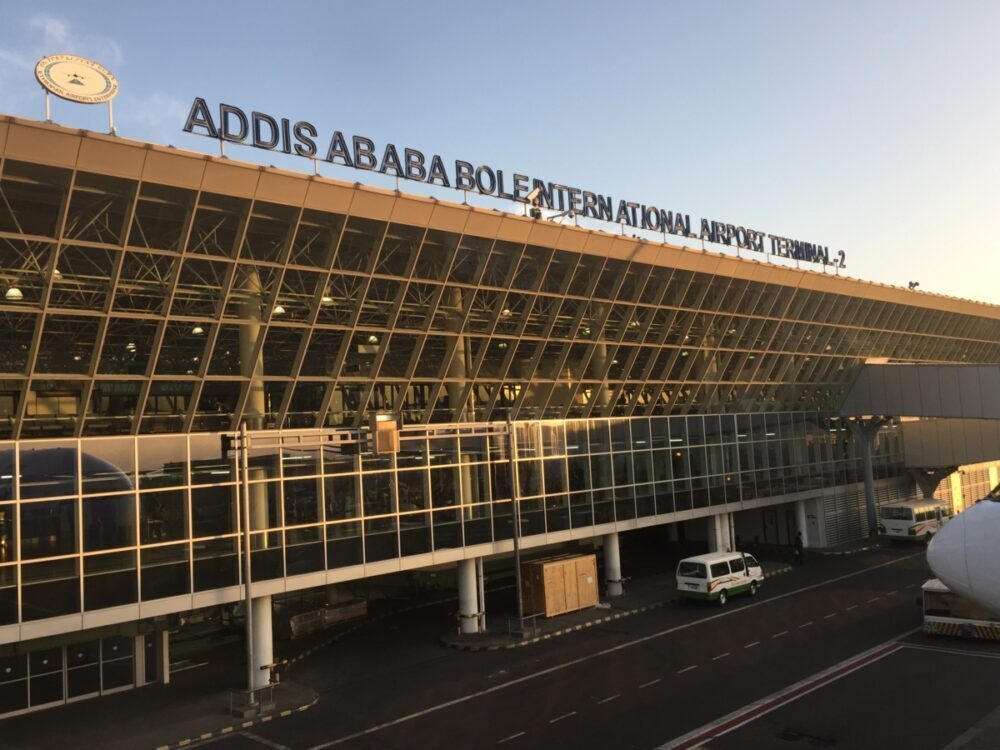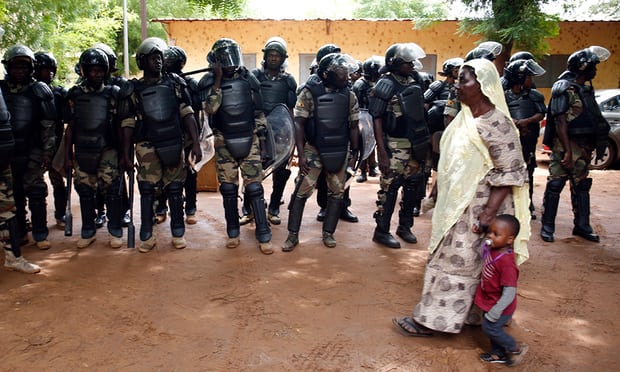 Malians on Sunday voted in a r, with incumbent Ibrahim Boubacar Keita expected to win a second term despite a surge in ethnic and militant violence during his tenure.
Malians on Sunday voted in a r, with incumbent Ibrahim Boubacar Keita expected to win a second term despite a surge in ethnic and militant violence during his tenure.
Millions of Malians are voting in an unprecedented runoff presidential election that has been overshadowed by widespread allegations of fraud and the threat of Islamist extremist violence.
The current president, Ibrahim Boubacar Keïta, is the favourite, having won 41% of the vote in the first round two weeks ago while the challenger, Soumaïla Cissé, took only 18%.
Keita, 73, is running against opposition leader, Soumalia Cisse, 68, the main opposition leader and a former finance minister.
Cisse asssured that his party will win because they are on the path of truth and are on the path of hope adding that Malians need to change.
Everywhere we found an extremely strong desire for change. Malians want to change. Malians want a different future, a different hope.
“Everywhere we found an extremely strong desire for change. Malians want to change. Malians want a different future, a different hope. That is why I am very happy to be here. I am very happy because I am confident about today’s vote. But I also want to say that unfortunately last night we found elements of fraud in Bamako, we found people who already had booklets of ballots with them,” he added.
Extra security forces have been deployed after about 250,000 people, 3% of the electorate, were unable to vote because of insecurity during the first round. Armed attacks and other incidents were recorded at about a fifth of polling stations.
According to a voter, Alpha Kaba, “There’s too much that needs to be sorted out in Mali, there is a lot that needs to be done but, if we start, then we will eventually get there.
Despite the rain in several areas, polling stations started opening as scheduled at 08:00 (GMT). The 23,000 offices, with more than eight million registered voters, are due to close at 18:00, with results expected in four or five days.
The first round on July 29 was marred by armed attacks and other security incidents at about a fifth of polling places, as well as opposition charges of fraud.
Mali is key in the battle against Islamic extremism in the Sahel region and is central to efforts to restrict illegal immigration to Europe.

